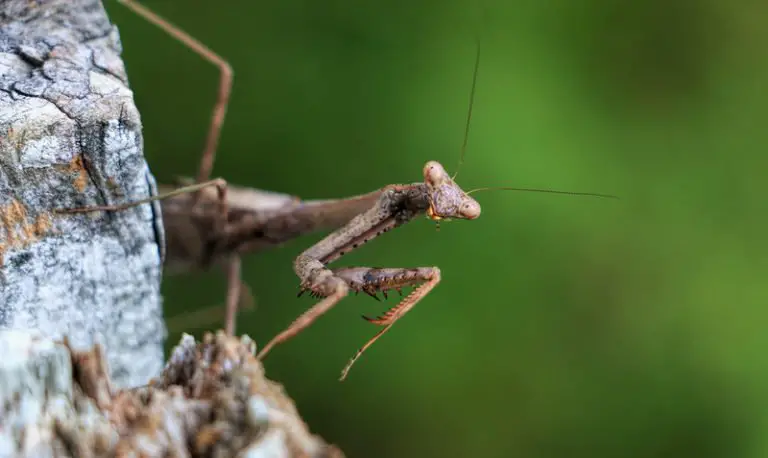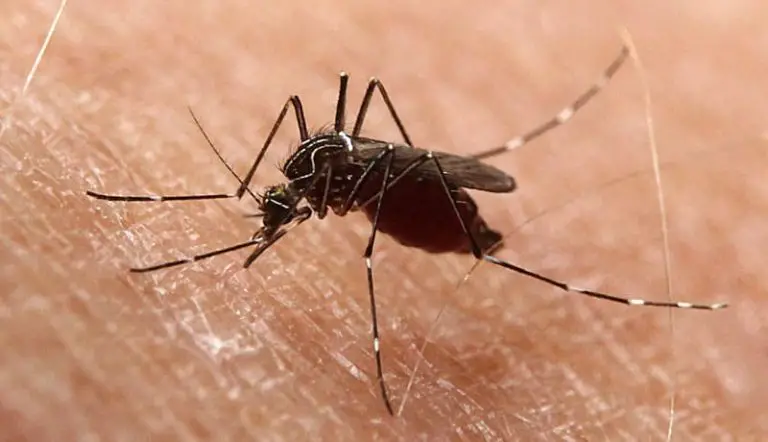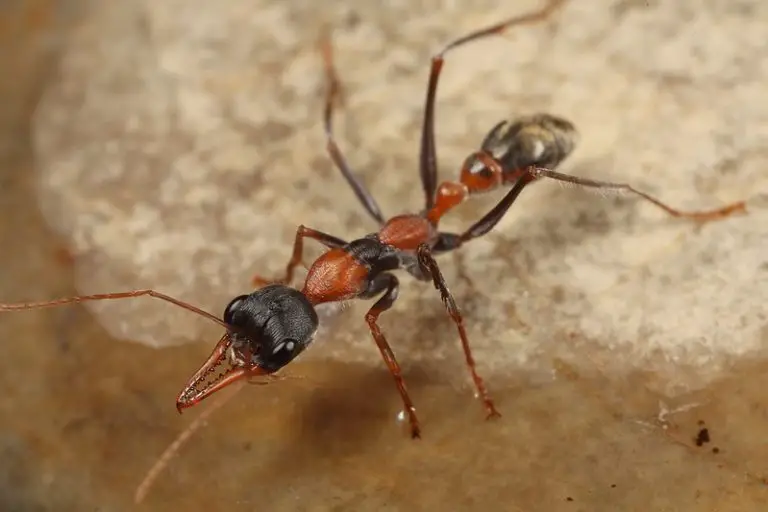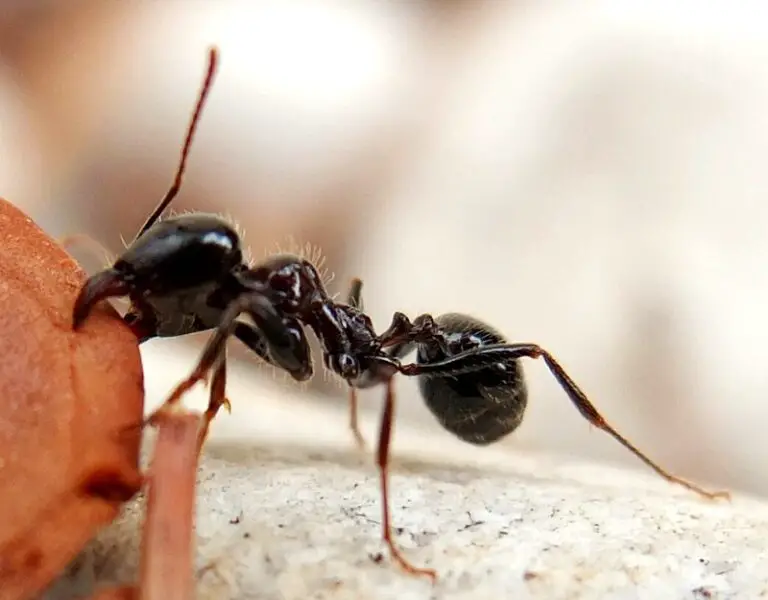Do Mosquitoes Have Intelligence? (Solved)
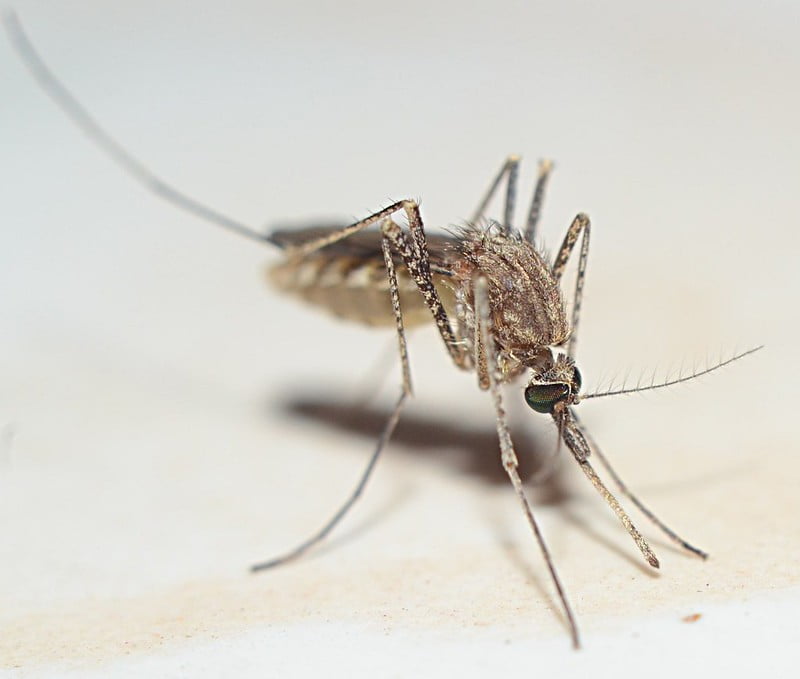
I live on a the Caribbean and tropical island, dealing with mosquitoes has been a habit for me all my life, sometimes I think that these annoying little insects are intelligent because of the way they appear and disappear.
It looks like mosquitoes do not bite at random. They are smarter than they appear because they can recognize different bodies by their smell and choose whether or not to bite based on previous experience.
Research conducted by the University of Washington and published in the specialized website Current Biology explains that the learning of smell can contribute to the biting preferences of Aedes aegypti mosquitoes and the changes in that selection.
Experience and tests of the smells of humans and other species have shown that the mosquitoes can quickly learn the smell of particular humans and unique smells from bad experiences.
Mosquitoes can identify an “aggressive mechanical impulse”, which is precisely a blow near them that risks killing them. And they can learn the smell of that attacker, to avoid it later.
For instance, if a mosquito gets close to prey that attacks it by feeling its proximity, it will recognize the scent of the prey and avoid it, going in search of less dangerous food.
Can a mosquito “think”?
If we define thinking as a cerebral action consequent to the environment of a living being and which directly influences its actions and decisions, then we can affirm that the mosquito can think, obviously in proportion to its capacities.
As we mentioned before, a mosquito has the capacity to learn through bad experiences when it is attacked by a person whom it previously identified as a host to feed on, thus avoiding it on future occasions.
It should also be noted that a mosquito has the ability to perform evasive maneuvers in a fraction of a second when attacked by a person.
These processes, which are the result of actions of the interaction of the mosquito and its environment could be classified as “thinking actions” on the part of the mosquito, obviously, this can never be compared with human thinking.
Does a mosquito have a brain?
The mosquitoes are characterized by having a large head, in relation to the rest of the body, with two large compound eyes, and for having modified their rear wings to form a kind of rocker that allows them to stabilize during flight.
This is why flies only have one pair of visible wings, when insects should always have two pairs of them.
At this point, it is essential to make it clear that all insects, including the mosquito, have a brain, and that it is always located in the head.
In addition, the nervous system of insects extends through a ventral chain (located in the part of the body that faces the ground: “belly”) of nerves from the head to the anus (something similar to our spinal cord).
How is the brain of a mosquito?
In spite of what one might think of such a tiny brain like that of the mosquito, it presents an extremely complex and precise activity and functioning, since we must not forget that, thanks to it, insects are able to fly and learn.
Even being so small, it presents an enormous complexity of neuronal connections, which increase exponentially.
If we talk about social insects like bees and ants, it is more, the bigger the group of insects to which they belong, the bigger and more developed is the brain of the individuals that are part of it.
For example, in the case of ants, this growth in complexity and size is so high that the size of the brain in relation to the rest of its body is up to 6%, characterizing it as the animal with the largest brain in relation to the size of its body.
Comparing ants to humans, we would have to have a head up to three times larger to be able to resemble them.
Focusing on the case of mosquitoes, in no way should comparing our brain to theirs be offensive.
Mosquitoes have an amazing ability to dodge large attacks, such as when a person tries to “get rid of it” with a slap.
In fractions of a second they are able to perceive movements and make the best decision to avoid it, and they do this with a brain the size of a grain of salt.
Of course, they are aided by powerful and sophisticated wings, capable of modifying their trajectory up to 90º with just one stroke (and they do up to 200 per second).
This is because, although small, their brain is capable of processing multiple movements perceived by their eyes, in just fractions of a second, thanks to the very high number of neural cells present in it and its large number of connections.
Does mosquito have night vision?
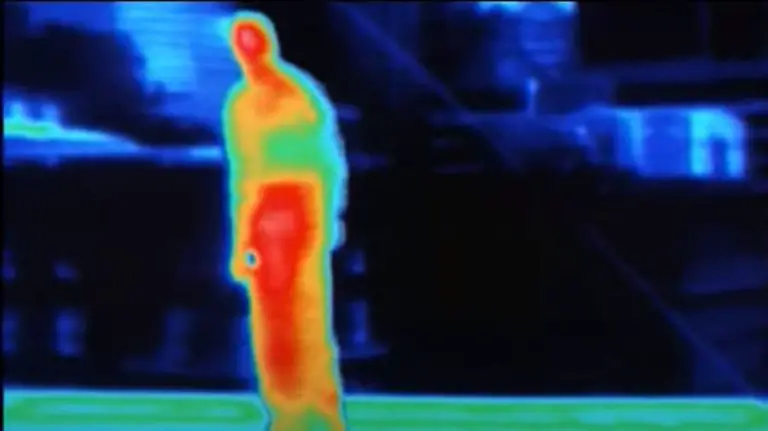
Mosquitoes do not have night vision, in fact, mosquitoes do not have very good vision, due to the arrangement that their eyes have, which has white spaces between each eye and the next, so they can see up to about 10 meters away, and still have many problems differentiating between the shape of objects.
But this deficiency is compensated by the way they perceive things: through heat and smell. Using extremely heat-sensitive receptors located at the tip of their antennas, used to locate blood near the skin.
Anyway, mosquitoes have something much better than normal vision, have you seen the predator movies? (who hasn’t) mosquitoes can see in infrared, much like the vision that a predator used to track down its prey.
They are able to use sight and differentiate changes in light, but at greater distances, their main sense for locating their food (people) is smell.
At distances of between 10 and 50 meters they use the smell, looking for traces of CO2.
Once excited by the smell, they go to the most interesting visually (in a range of between five and 15 meters).
And once at a distance of one meter from a potential target, what finishes them focusing is the body heat.
The sense of smell of the mosquito is so effective, especially in detecting carbon dioxide, that the mosquito has no problem locating a person in the dark at a great distance. This is why you might think that a mosquito can see in the dark, when in fact it is not.
Why Do Mosquitoes Buzz in our Ears?
Once, I came to think that mosquitoes buzzed near my ear on purpose to annoy, I thought this was a sign of an “evil intelligence” in mosquitoes, it really is super annoying when they do, but they don’t do it for this purpose.
As already mentioned, mosquitoes are guided towards people by carbon dioxide, which they can feel up to several tens of meters away.
As humans exhale carbon dioxide through their nose and mouth, mosquitoes are attracted to the face, which almost always leads them to pass near the ear with their annoying buzzing sound.

